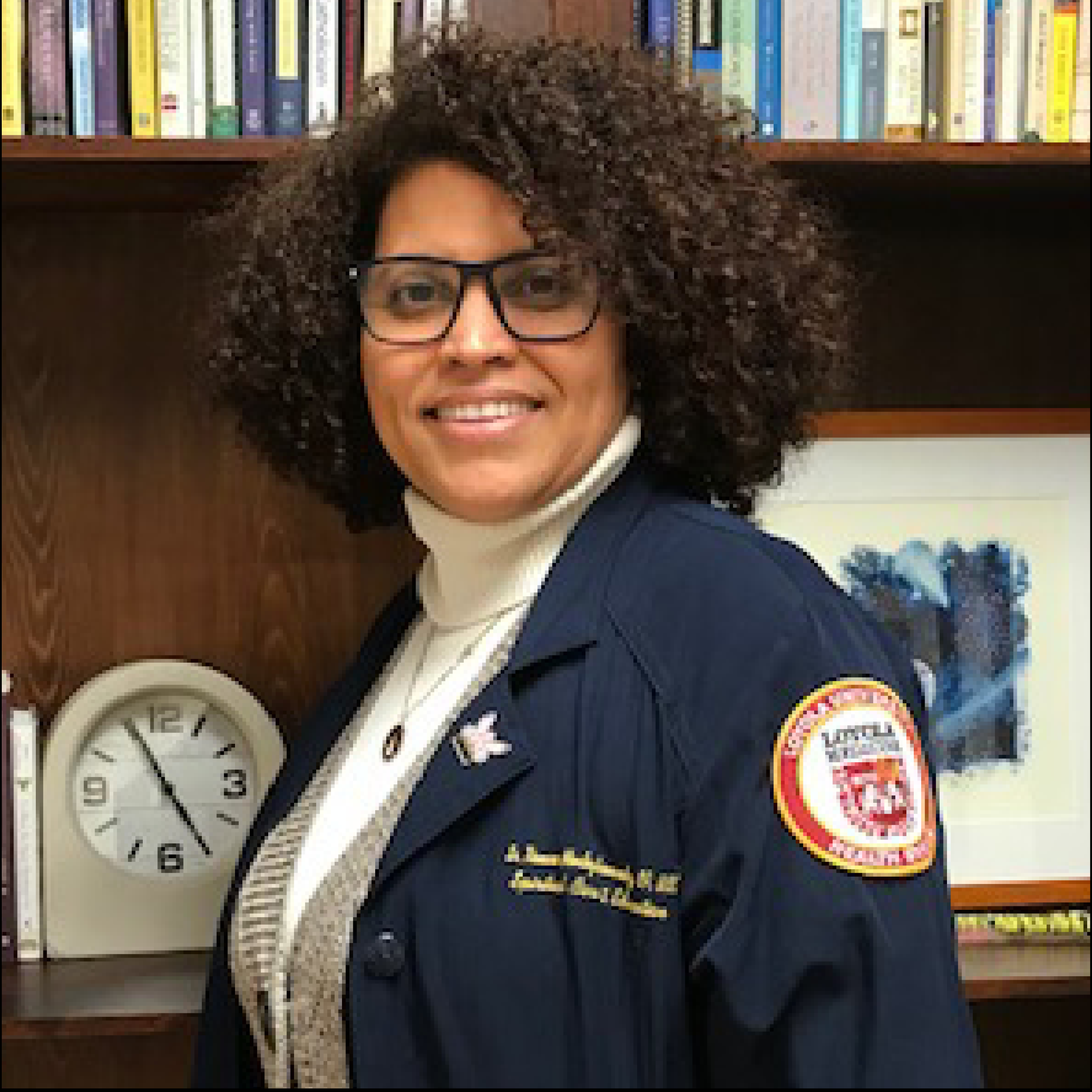From Lent to Easter during COVID-19 as a Hospital Chaplain
When we started our Lenten Season, on February 26th, little did I/we know the transformation I/we would experience. What began for me as a hospital chaplain, touching hundreds of foreheads with the signing of the cross on Ash Wednesday, ended with me not being able to touch even the people I live with and love. We also heard the words of the prophet Joel, “Rend your heart and not your garments,” (Joel 2:13 NIV) which ended up being a ‘both and.’ Every day when I get home, I have to almost tear my clothes off, as fast as I can, and throw them into the dryer, then into to the watching machine, and back to the dryer again. All this to be sure there is nothing active or alive on them.
The Season invited us to pray, to give up the things we like the most, and to be generous. COVID-19 arrived, changing the invitation to a mandate. Literally, turning everything around us into a desert. Play grounds were emptied, as well as parks, malls, streets, highways, airports and even churches. Our great temptation on this desert was to hoard toilet paper.
We were forced to enter our ‘inner rooms.’ Everyone around the world was urged to: “Quedate en Casa,” to “Stay Home” and to “Shelter in Place” to save lives. What started with a spiritual orientation, COVID-19 transformed it into a human disorientation.
The only spaces that became crowded, and even overcrowded, were the hospitals. The people who were not allowed to “Stay Home” were health care providers. Everyone, including EMS, doctors, nurses, techs, lab personnel, house-keeping, food/nutrition staff, and chaplains, all, were needed and required to report to work. For us, the hospital became the place were Lent was practiced every moment. Prayer was abundant; we gave up what we liked the most, including our communities and families; and everyone became incredibly generous with one another. To the point that many risked their own lives to care and to save others. Our mission became as real as the Mission of Jesus.

At times, every week felt like a long Holy Week. Patients felt abandoned while in isolation, as visitors were not allowed to enter the hospitals, only in extreme circumstances. In one of my visits to a terminally ill cancer patient, he said, “What is killing me is not the cancer but the loneliness.” Another newly diagnosed cancer patient shared, “I did not know how much I would miss a hug and a kiss from my family… I am longing for that day to come.” At times, the staff seemed to be in “agony” like Jesus in Gethsemane, as they feared for their lives. I even witnessed staff members with “cries and tears.” One day a Personal Care Tech, and a good friend of mine, was going home and I noticed she seemed to be fighting back her tears. When I asked her what was happening, she expressed how her only son was released from the Emergency Room a few days before with an asthma episode. She was terrified by the thought that she could “bring the virus” home to her son. She is a single mom with limited support system to assist with care of her son.
I was not exempt from feeling afraid. For two consecutive nights, I had nightmares where I dreamed of being persecuted. I was waking up every other hour. I felt as if my “garment of faith” was being torn. I was as vulnerable as my colleagues and patients. On the second night, I woke up with the words of Catherine of Siena who said: “Cloth me with Yourself, Eternal Truth.” From that day on, these words have become my morning prayer when I leave home to go to the hospital.
Even though, Lent has passed, as well as Holy Week, and we have entered into the Easter Season, we are still mourning and grieving. Some of us grieve our lives before COVID-19; others mourn the loved ones they have lost during this pandemic. At times it feels as if Easter did not happen but we are not alone in this. It took the disciples fifty days to fully grasp the resurrection of Jesus as the Christ. It took Jesus several attempts to ease the disciples’ fear, as he greeted them again and again with, “do not be afraid.” I/we do not know how long it will take us for the fear to go away and to fully embrace hope for a new beginning and new life. I believe the disciples’ experience is somewhere to begin. Pope Francis said on the night of the Easter Vigil: “Christ our Hope is Risen.” May we too believe and rejoice in this promise. Will you join me?


